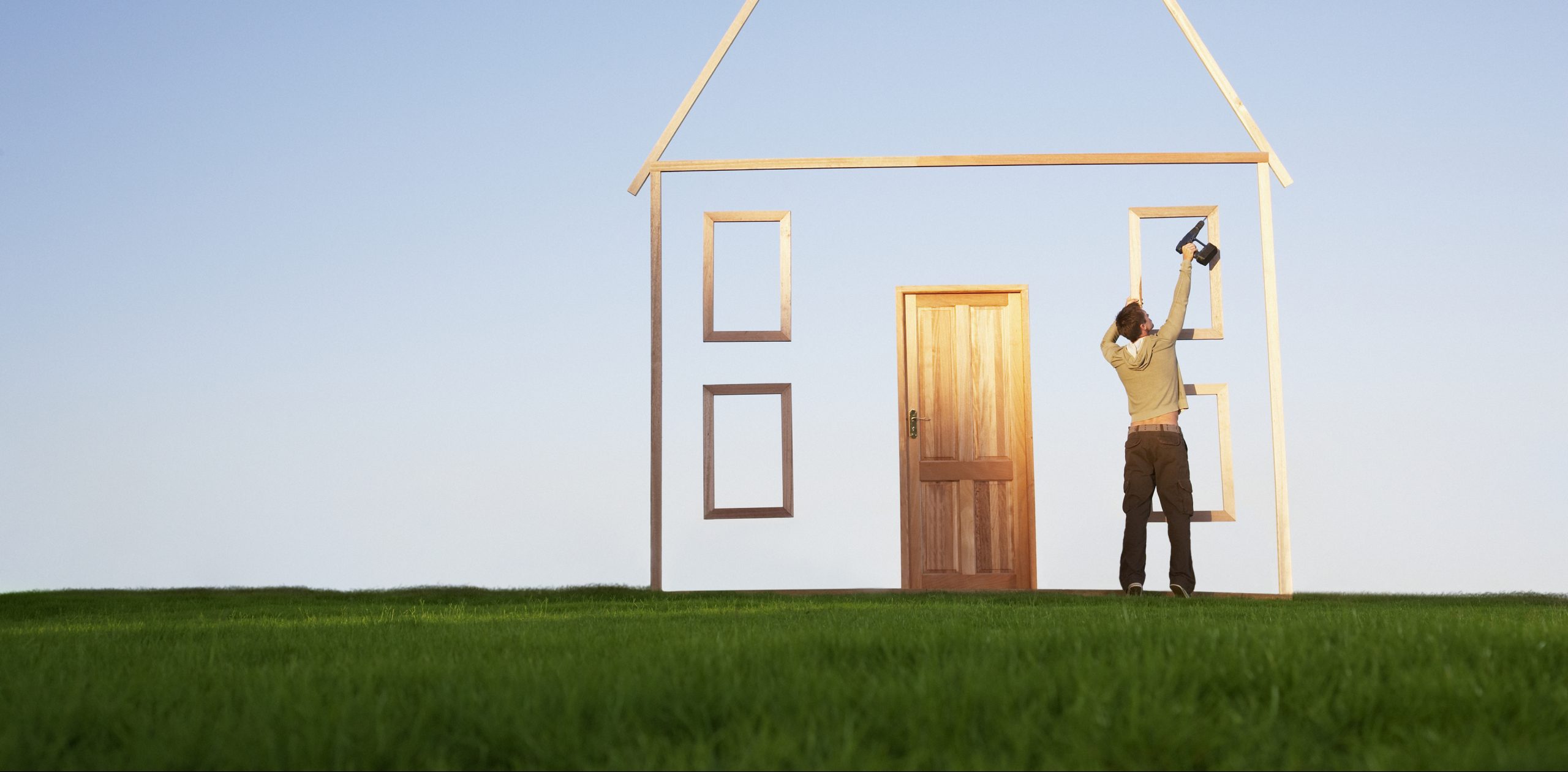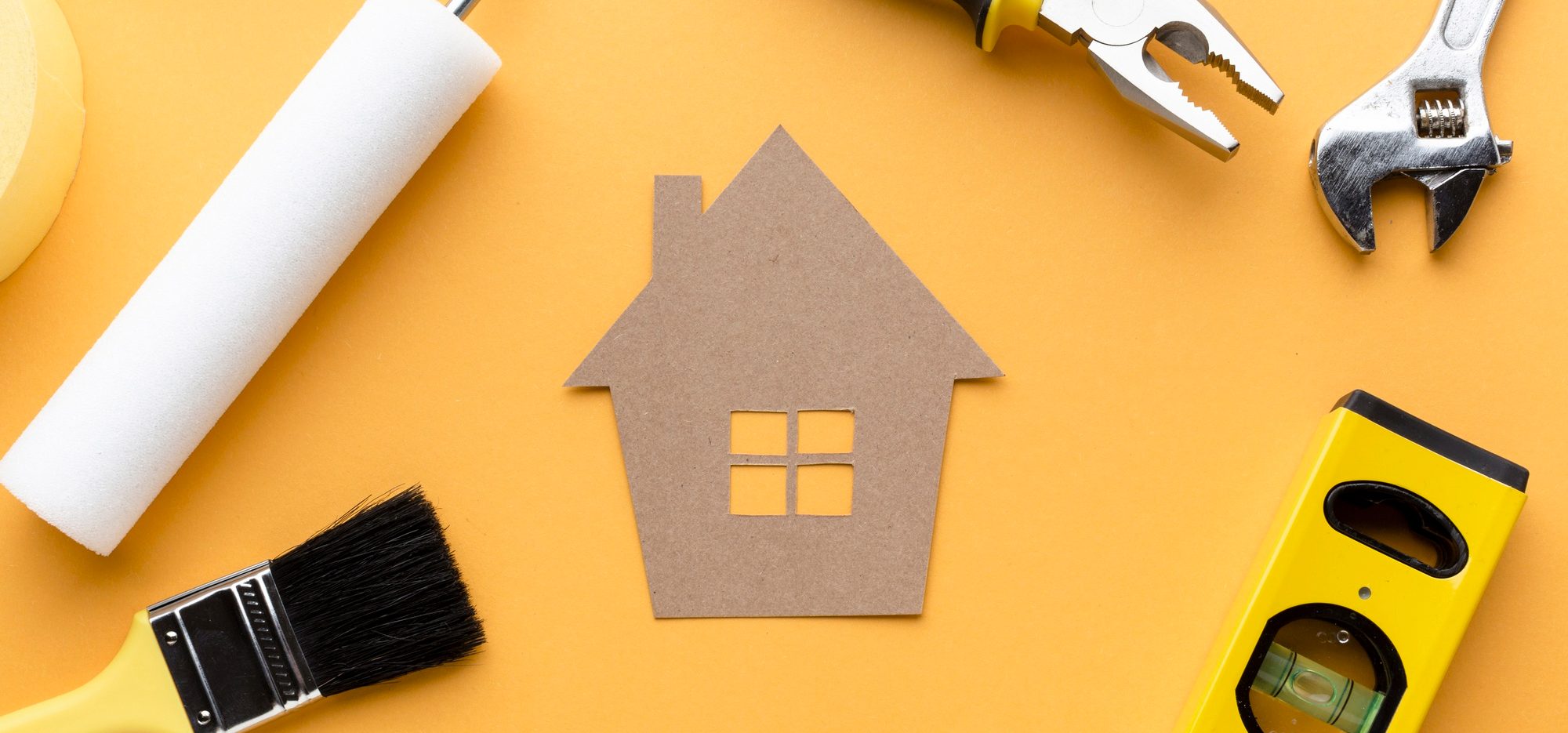Many prospective buyers are drawn to transforming a worn-down or dilapidated house into their ideal home. This option promises personal satisfaction and potential financial benefits. However, purchasing a fixer-upper comes with its own set of challenges. Being aware of the pros and cons can assist you in making a well-informed decision.
Advantages of Purchasing a Fixer-Upper
Lower Purchase Price
One of the most significant benefits of buying a fixer-upper is the lower purchase price. Homes needing repair or renovation are often priced much lower than comparable move-in-ready properties. This can allow buyers to enter higher-end neighborhoods that might otherwise be out of their financial reach.
Potential for Increased Value
Fixer-uppers offer the potential for significant value increase. Proper repairs and renovations can substantially increase a home’s market value, allowing you to resell it for much more than you paid. Even if you plan to live in the house for many years, you can benefit from the increased value by refinancing or taking out a home equity loan.
Personalization
A fixer-upper allows you to customize the home to your taste and needs. You can make the house your own, from the layout and floor plans to the finishes and fixtures. This level of personalization often does not make financial sense with newly built or move-in-ready homes.
Sense of Accomplishment
Renovating a fixer-upper can bring a tremendous sense of satisfaction. Transforming a house in disrepair into a beautiful home is a rewarding experience that allows you to take pride in your work and investment.
Cons of Purchasing a Fixer-Upper
Unexpected Costs
The most significant risk of buying a fixer-upper is the potential for unexpected costs. Even with a thorough home inspection, unforeseen issues such as structural problems, outdated wiring, or substandard plumbing can arise during renovation. These issues can quickly add to your budget and cause financial strain.
Time-Consuming
Renovating a fixer-upper home can be a lengthy process. Depending on the extent of the needed repairs, the renovation could take months or even years to complete. This can be inconvenient, especially if you need to live elsewhere during the renovation, increasing your living expenses.
Stress and Inconvenience
The renovation process can be stressful. Coordinating with contractors, dealing with delays, and managing the day-to-day aspects of the project can be overwhelming. Additionally, living in a construction zone can be disruptive and uncomfortable.
Over-improvement Risk
There is a risk of over-improving a fixer-upper, where the renovation costs exceed the potential increase in the home’s value. Over-the-top customizations or luxury finishes might not significantly boost the home’s appeal to future buyers. It’s essential to keep the local real estate market in perspective and spend wisely.
Things to Consider When Buying a Fixer-Upper
- Detailed Inspection: Always have a professional conduct a thorough inspection to identify potential issues and estimate repair costs accurately.
- Budgeting: Create a detailed budget with a cushion for unexpected expenses. Ensure you have adequate funds to cover the renovation costs.
- Time Commitment: Be realistic about the time you can commit to the project. Consider your availability, patience, and resources before taking on a fixer-upper.
- Professional Help: Engage reputable contractors and professionals to assist with the renovation. Quality construction is critical to long-term value and safety.
Conclusion
Buying a fixer-upper can offer substantial benefits, such as a lower purchase price, increased value potential, and personalization opportunities. However, it comes with risks, including unexpected costs, time consumption, and stress. Carefully weighing these pros and cons will help you make a well-informed decision. If you find this blog helpful, check out our recently published articles at Northwest Realty Group.






